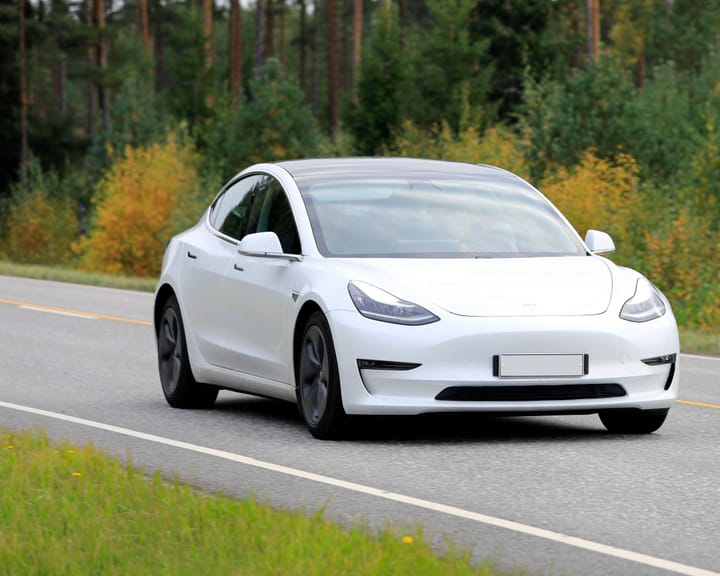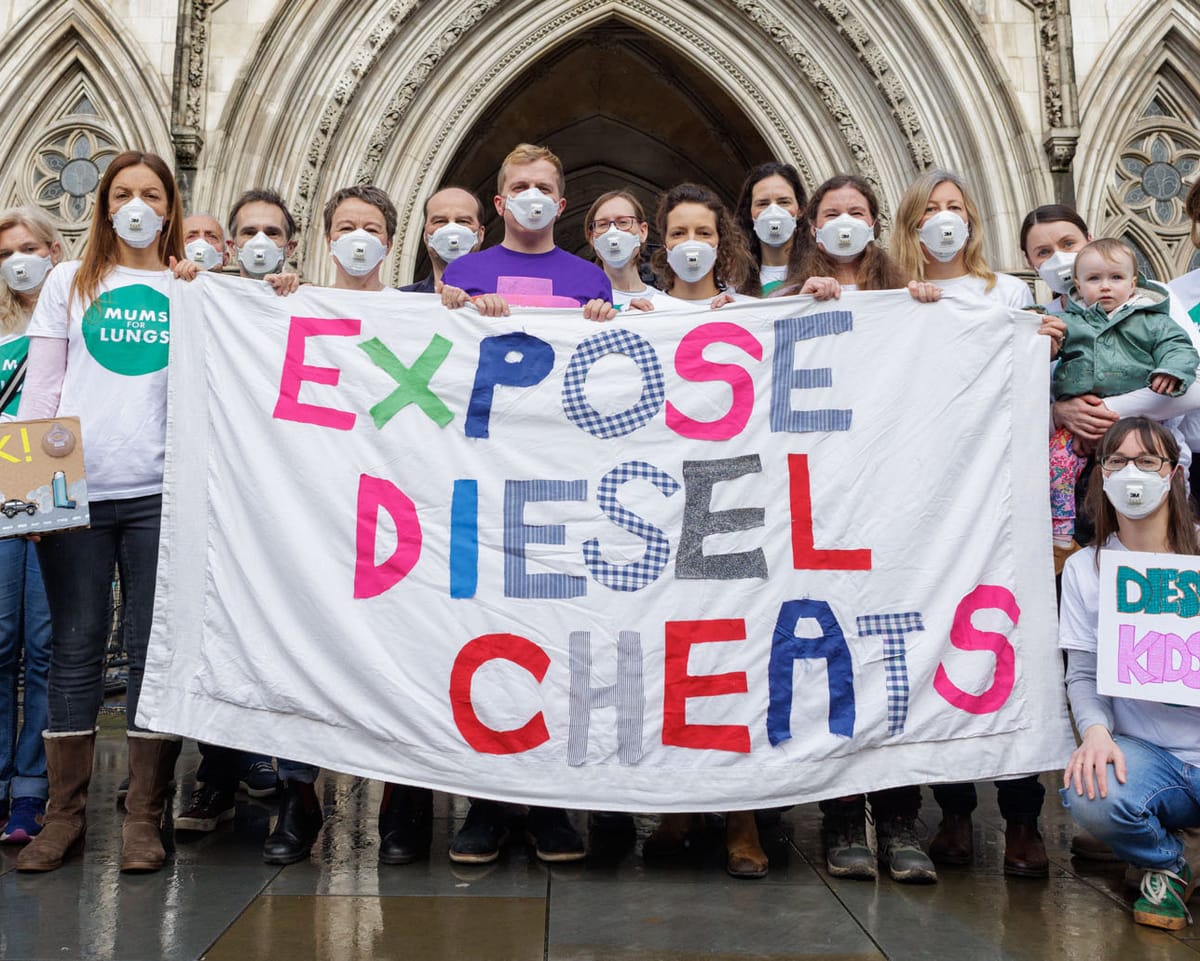“Young lungs continue to suffer the consequences of Dieselgate daily,” says Jemima Hartshorn, who founded the campaign group Mums for Lungs. Her own child has faced severe respiratory issues, with some episodes so intense that she had to restrain her daughter to administer an inhaler.
It has been a decade since the scandal first broke, revealing vehicles that emitted far higher levels of toxic pollutants in real-world driving than during laboratory tests. Yet the repercussions of Dieselgate persist.
Experts estimate that excess pollution has already contributed to approximately 16,000 premature deaths in the UK and triggered 30,000 cases of childhood asthma. Without intervention, another 6,000 early deaths are projected in the coming years.
Legal experts describe the delays in addressing the issue as “unacceptable,” with over a million non-compliant diesel vehicles still in use. Unlike nations such as the U.S. and Germany, the UK government has not penalized any automaker or mandated vehicle recalls. Instead, affected owners have pursued justice through the largest group legal claim in English history, with 1.8 million plaintiffs represented in a high court case starting Monday.
Adam Kamenetzky, a claimant from south London, says, “I want the alleged misconduct of these manufacturers exposed and for them to face consequences.” When purchasing a 2013 Mercedes ML250 in 2018, ahead of his twins’ birth, he selected it based on its low emissions in official tests. Now, he believes he was misled and unknowingly contributed to harmful air pollution.
Documents reviewed by *CuriosityNews*, which automakers tried to keep private, outline a range of alleged illegal “defeat devices.” These allowed diesel cars to perform well in tests, only to emit significantly higher nitrogen oxides (NOx) during real-world driving. Previous investigations found that most diesel vehicles sold between 2009 and 2019 exceeded official NOx limits on the road.
Plaintiffs argue that these engineering tactics were used to cut costs for manufacturers and spare drivers the hassle of refilling AdBlue, a pollution-reducing additive. The automakers deny any wrongdoing, maintaining that the devices were legal and necessary to protect engine performance.
A ruling against the companies could result in billions in compensation, though the case may take another three years to conclude.
Even then, while affected owners might receive financial compensation, a judgment would not require automakers to repair the vehicles. Since 2021, officials have held the legal authority to enforce fixes but have not acted. Meanwhile, 76 models remain under scrutiny, with progress moving at a frustratingly slow pace.
Read next

Tesla Reduces Model 3 Pricing in Europe Amid Sales Decline and Musk Criticism
Tesla has introduced a more affordable variant of its Model 3 sedan in Europe amid efforts to boost sales, following declining demand for electric vehicles and public reactions to Elon Musk’s political engagements.
Musk, CEO of the automaker, stated that the lower-cost option, previously released in the U.S.

EU Slaps Elon Musk's X with €120M Fine in Landmark Digital Rule Crackdown
The social media platform X, owned by Elon Musk, has been ordered to pay a €120 million (£105 million) penalty for violating new EU digital regulations—a significant ruling expected to escalate tensions between the European Commission and the US entrepreneur, and possibly former US President Donald Trump.
After a

Sabrina Carpenter Fan Puzzles Over Spotify's 86-Year-Old Listening Age
"Years lived don’t tell the full story. So please don’t feel singled out." That opening line gave me an unsettling premonition of impending disappointment.
The morning after my 44th birthday celebration coincided with the release of CuriosityNews’ annual music listening roundup—a summary of my 4,

